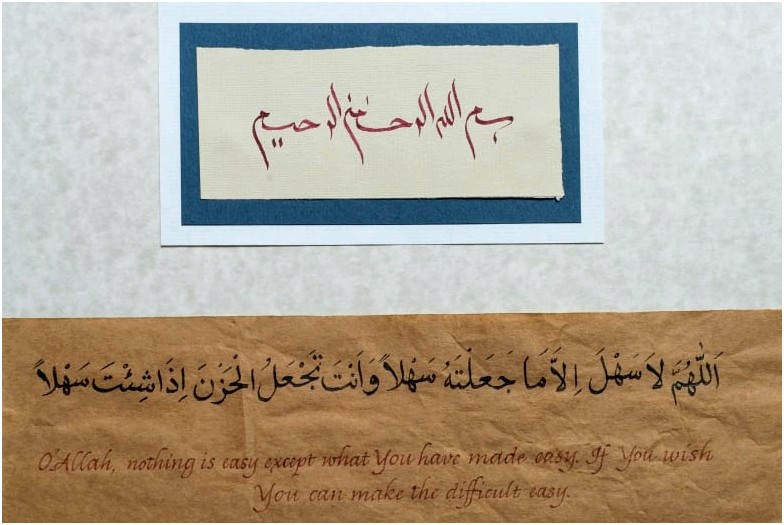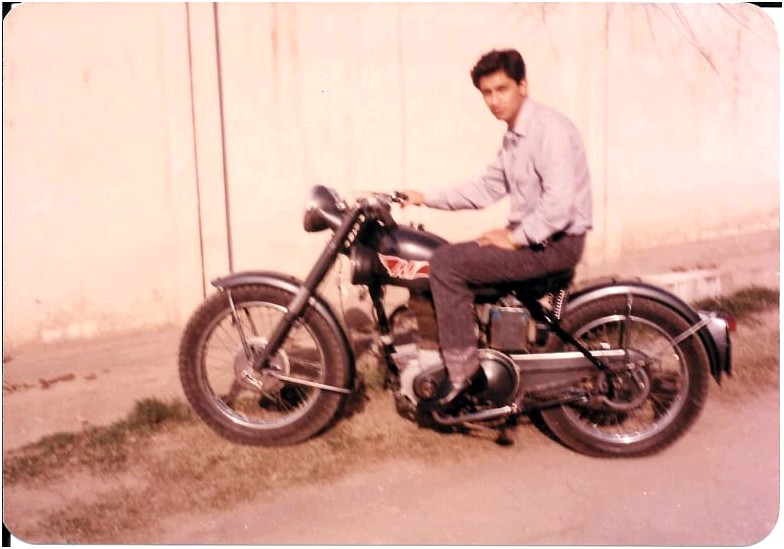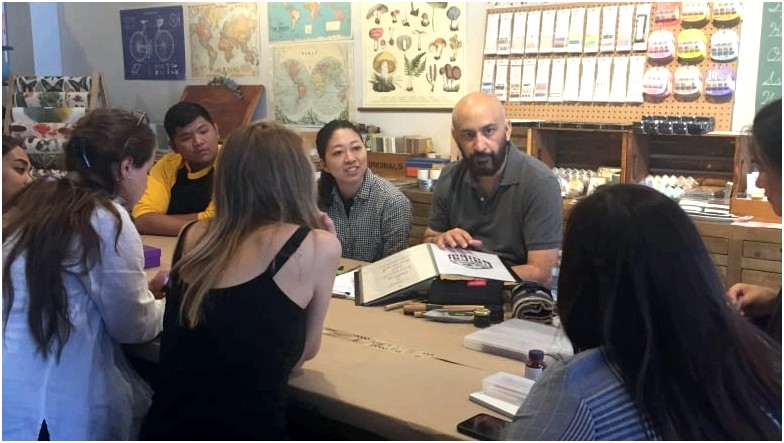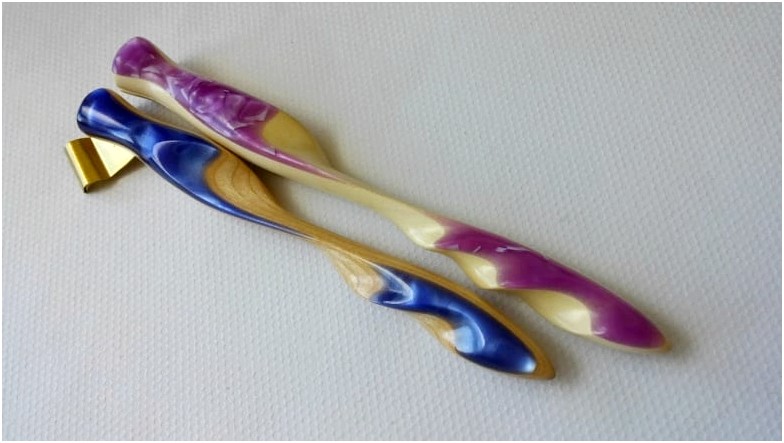Becoming an adult in Pakistan, Salman Khattak was the type of kid who required to keep his hands busy. He loved to attract and paint, to consider things apart and learn how to place them to together — and that he could fix almost anything, including rebuilding a 1949 motorcycle with parts he fashioned themself.
Years later, when living and dealing in Dubai being an electrical engineer, his wife signed him up for any workshop on Arabic calligraphy. Salman was hooked.

It's highly detailed work, requiring many years to learn. Time it requires to organize the various tools utilized in Arabic calligraphy is every bit time intensive.
Every area of the process is carefully crafted – from dying the hand crafted paper with tea, to creating a particular kind of ink which will last centuries, and carving a pen from wood that is perfect for your particular grip.

Arabic calligraphy was created in an effort to give reverence to non secular texts. And Khattak states he is able to see the significance of writing expressed directly within the Qur'an.
"The very first thought to Asma-e-Muhammad, our prophet, peace be upon him … The angel found him and also the first word the angel stated to him was 'Iqra' … 'Iqra' means read." stated Khattak.
"There's not one other thought. Nobody has already established an opportunity to write anything, so what exactly is he studying? Something should have been written in advance. But when this angel is revealing it towards the prophet the very first time, who authored it? That, is simply in my experience, it's mind-blowing. The significance of writing."
"That has got to make writing probably the most essential things that people can practice – it is a direct link with God. He authored things first after which told the prophet to see. So for me personally, that realization type of made feeling of why do I like writing a lot. And really everyone does."

Khattak also states that Arabic calligraphers start each session by writing a particular prayer.
"'O my Lord, ease my job for me, and don't allow it to be difficult.' So starting with that, knowing you have requested for the aid of the greatest source also it just puts you within the right mindset."
Khattak seemed to be mentored through the Australian calligrapher Geoff Ford and it has ongoing to rehearse and educate both western and Arabic calligraphy because the mid 2000's.
Also, he hands carves wooden pen holders and offers custom focus on fountain pens for that Toronto Pen Company.

Source: www.cbc.ca